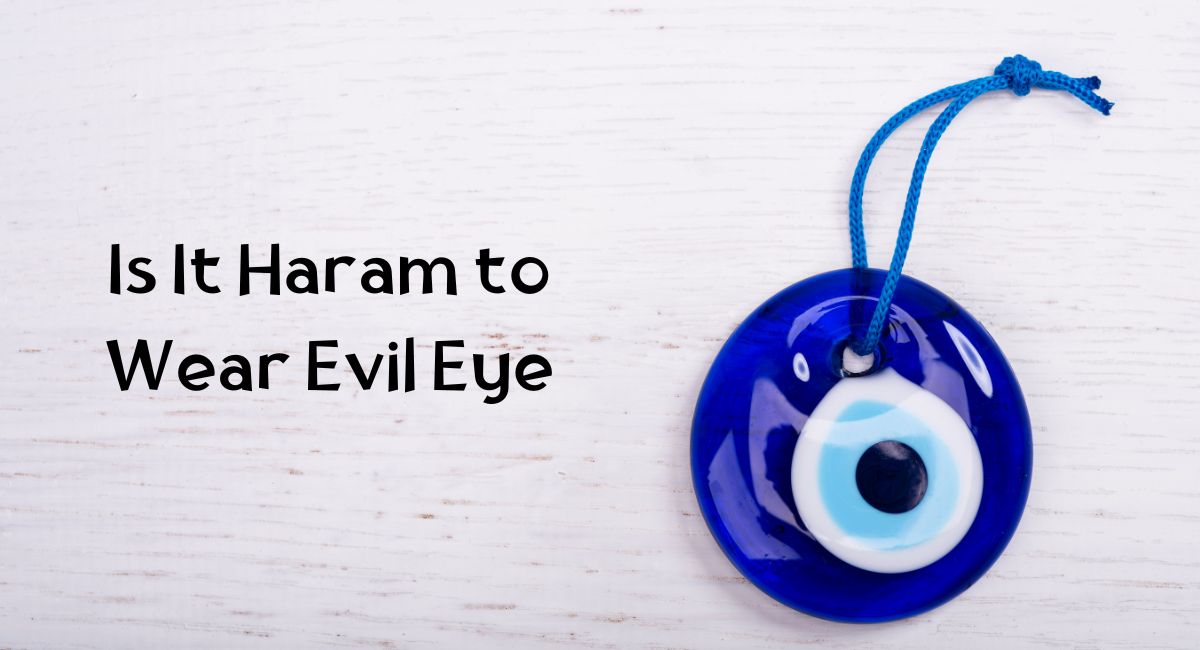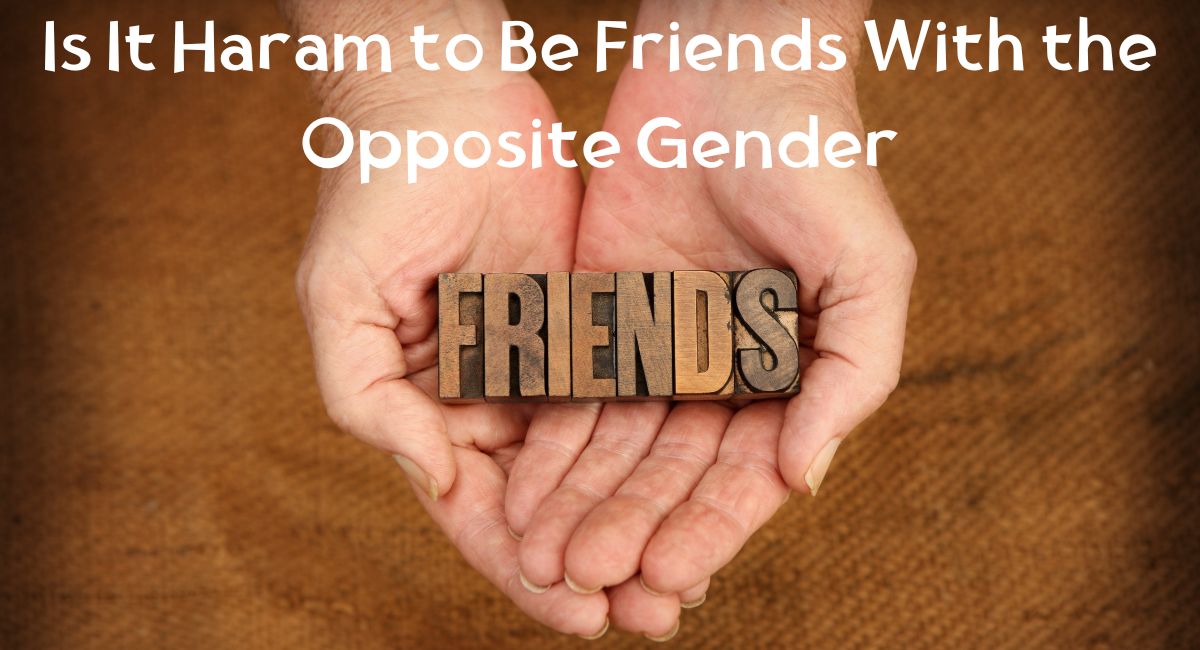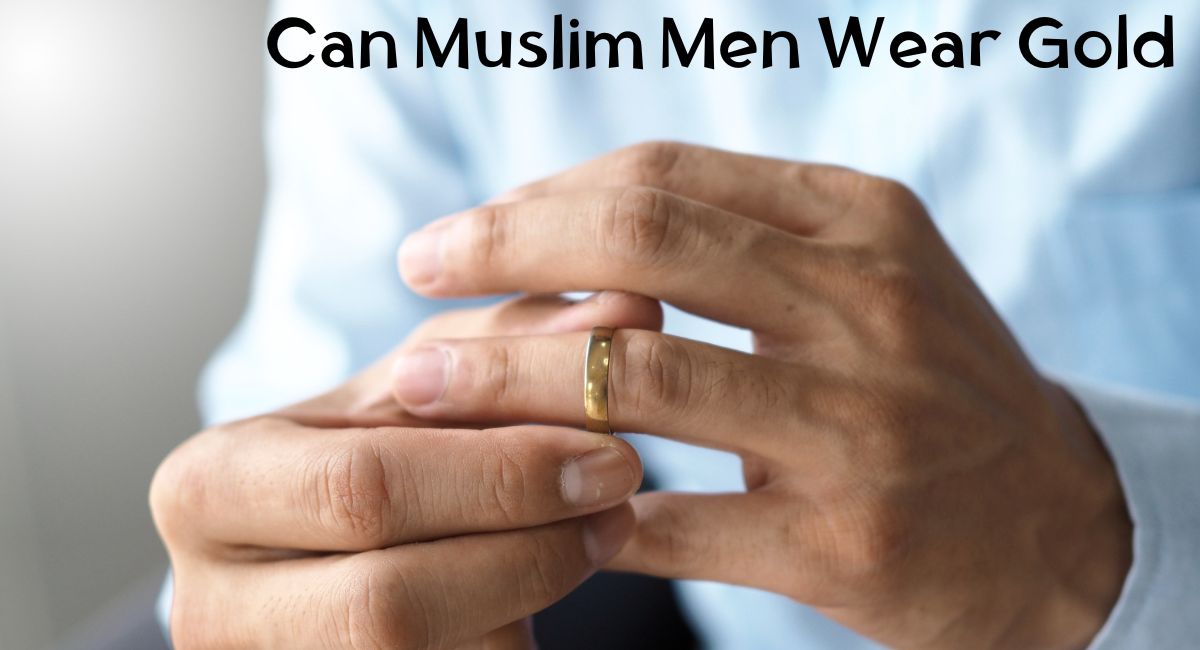The question of whether it is haram (forbidden) to have a girlfriend is a topic of considerable debate and discussion within the Islamic community. Islam, like many other religions, places a strong emphasis on moral and ethical conduct, particularly in matters of relationships and interactions between the sexes.
While some individuals and scholars argue that having a girlfriend can be compatible with Islamic values if certain guidelines are followed, others firmly believe that it is strictly prohibited in Islam.
In this article, we will explore the various perspectives on this issue and delve into the factors that shape the views surrounding the permissibility of having a girlfriend within the framework of Islamic teachings. It is important to note that opinions on this topic may vary, and this article aims to present a balanced overview of the arguments surrounding the subject.
Key Takeaways
- Islam places a strong emphasis on moral and ethical conduct, particularly in matters of relationships and interactions between the sexes.
- The Quran provides guidance on relationships outside of marriage, emphasizing the importance of chastity and forbidding adultery and secret affairs.
- Marriage is regarded as a sacred bond and the purest form of love in Islam, with verses from the Quran highlighting its significance and the principles it is based on.
- Hadiths and the Prophet Muhammad’s teachings indicate that non-marital relationships can lead to sin and should be avoided.
- Islamic scholars generally agree that relationships between non-mahram men and women are haram and can lead to actions forbidden in Islam.
- Family involvement in the process of choosing a spouse is considered important in many Islamic societies, with parents playing a pivotal role.
- Temporary marriage, recognized in Shia Islam, is explored as a unique practice that allows couples to explore compatibility and fulfill natural desires within the framework of marriage.
Is It Haram to Have a Girlfriend
The issue of having a girlfriend or boyfriend in Islam is multifaceted, encompassing teachings from the Quran, Hadith, and views of Islamic scholars. Below, we’ll delve deeper into these aspects, offering a comprehensive understanding of the Islamic stance on such relationships.
Quranic Insights
The Quran, while not explicitly mentioning the term “girlfriend” or “boyfriend,” provides clear guidance on relationships outside of marriage.
Surah An-Nisa (4:25) and Surah Al-Maidah (5:5) implicitly address the issue by emphasizing chastity and forbidding adultery and secret affairs.
Here are the translations of Surah An-Nisa (4:25) and Surah Al-Maidah (5:5) from the Quran:
Surah An-Nisa (4:25):
“And whoever among you cannot [find] the means to marry free, believing women, then [he may marry] from those whom your right hands possess of believing slave girls. And Allah is most knowing about your faith. You [believers] are of one another. So marry them with the permission of their people and give them their due compensation according to what is acceptable.
[They should be] chaste, neither [of] those who commit unlawful intercourse randomly nor those who take [secret] lovers. But once they are sheltered in marriage, if they should commit adultery, then for them is half the punishment for free [unmarried] women. This [allowance] is for him among you who fears sin, but to be patient is better for you. And Allah is Forgiving and Merciful”.
Surah Al-Maidah (5:5):
“This day [all] good foods have been made lawful, and the food of those who were given the Scripture is lawful for you and your food is lawful for them. And [lawful in marriage are] chaste women from among the believers and chaste women from among those who were given the Scripture before you, when you have given them their due compensation, desiring chastity, not unlawful sexual intercourse or taking [secret] lovers. And whoever denies the faith – his work has become worthless, and he, in the Hereafter, will be among the losers”.
The essence of these verses is that any form of relationship that could lead to premarital intimacy or emotional attachment outside of marriage is not permissible in Islam.
Emphasis on Marriage
Marriage is a sacred bond and the most beautiful Halal relationship between a man and woman instituted by Allah Subhanahu wa Ta’ala. It is a promise to a forever, loving companionship, the yearning of which is placed in each of our hearts by the Almighty Himself.
The Quran regards the relationship between a wife and a husband as the purest form of love, and the several verses embedded in the Holy Book are enough to show us the importance of marriage.
Surah Ar-Rum (30:21):
“And of His signs is that He created for you from yourselves mates that you may find tranquility in them; and He placed between you affection and mercy. Indeed in that are signs for a people who give thought”.
Surah Al-Baqarah (2:187):
“They are a clothing for you and you are a clothing for them”.
Surah Al-A’raf (7:189):
“It is He who created you from one soul and created from it its mate that he might dwell in security with her”.
These verses collectively illustrate that marriage in Islam is more than a legal contract; it is a spiritual and emotional union ordained by Allah. It’s established on principles of tranquility, affection, mercy, and mutual support, depicting marriage as the purest form of love and the only legitimate way for a man and woman to be united.
Hadiths and Sunnah
The Sunnah of the Prophet Muhammad (peace be upon him) offers practical examples of Islamic teachings. One significant hadith states that when a man and a woman are alone together, Satan is the third one present, indicating the potential for sin in such situations. This hadith, among others, clearly forbids any non-marital relationships between men and women.
Reported by Jabir ibn Abdullah: The Messenger of Allah, peace and blessings be upon him, said, “Whoever has faith in Allah and the Last Day, let him not be secluded with an unrelated woman without her guardian lest Satan be the third of them.” This hadith is sourced from Musnad Ahmad 14651 and is graded Sahih (authentic) according to Al-Albani.
Reported by ‘Umar: The Prophet Muhammad (peace be upon him) is reported to have said, “Whenever a man is alone with a woman the devil makes a third.” This narration was transmitted by Tirmidhi.
Both versions of the hadith emphasize the Islamic teaching that when a man and a woman who are not mahram (unmarriageable kin) are alone together, it presents a situation where sin could occur, with Satan being metaphorically present as the third person. This hadith is often cited to highlight the importance of modesty and boundaries in interactions between men and women in Islam.
Scholarly Interpretations
Islamic scholars, interpreting these scriptural sources, affirm that relationships between non-mahram men and women are haram. Such relationships are seen as stepping stones to actions that are forbidden in Islam. The focus is on maintaining purity and avoiding any interaction that could lead to sin.
Some of the most prominent scholars who have held this view include:
- Ibn Taymiyyah (661-728 AH) was a Hanbali scholar who is considered one of the most influential figures in Sunni Islam. He argued that any interaction between men and women that could lead to temptation or sin is haram.
- Ibn Qayyim al-Jawziyyah (691-751 AH) was a Shafi’i scholar who also held the view that relationships between non-mahram men and women are haram. He argued that such relationships lead to a loss of chastity and morality.
- Ibn Abd al-Barr (368-463 AH) was a Maliki scholar who also affirmed the prohibition of relationships between non-mahram men and women. He argued that such relationships are forbidden because they can lead to zina (adultery or fornication).
These are just a few examples of the many Islamic scholars who have held the view that relationships between non-mahram men and women are haram. This view is based on a strong consensus of scholarly opinion and is considered to be the orthodox position in Sunni Islam.
It is important to note that there is some disagreement among scholars about the exact scope of the prohibition on relationships between non-mahram men and women. Some scholars believe that the prohibition applies only to physical intimacy, while others believe that it also applies to other forms of interaction, such as close friendship or romantic relationships.
However, all scholars agree that it is haram for non-mahram men and women to engage in any behavior that could lead to temptation or sin.
The prohibition on relationships between non-mahram men and women is one of the most important principles in Islamic law. It is designed to protect the chastity and morality of both men and women. It is not meant to be a burden, but rather a safeguard that helps to ensure that all Muslims are able to live a fulfilling and righteous life.
Family Involvement
In many Islamic societies, family involvement in the process of choosing a spouse is considered an essential aspect of the marital journey. This emphasis on family involvement stems from the recognition of the profound impact that a marriage has on the individual and their extended family. Marriage is not just a union between two individuals; it intertwines two families, shaping their dynamics and impacting the lives of future generations.
Within this context, parents play a pivotal role in guiding their children towards making informed and responsible decisions regarding their marital choices. Their wisdom and experience can provide valuable insights into potential partners, considering factors such as compatibility, shared values, and overall life aspirations.
In particular, the consent of the girl’s parents is often considered paramount. This emphasis reflects the importance of safeguarding the well-being and happiness of the daughter, as they are entrusted with her upbringing and well-being. Parents are seen as advocates for their daughter’s interests, ensuring that she enters into a marriage that aligns with her values, aspirations, and emotional well-being.
Temporary Marriage in Shia Islam
Temporary marriage, also known as nikah mut’ah or sigheh, is a unique practice recognized in Shia Islam. It involves a formal marriage contract between a man and a woman for a specified period, typically ranging from a few hours to a few years. During this temporary marriage, the couple is permitted to engage in physical intimacy, while still maintaining the sanctity of marriage.
The concept of temporary marriage is rooted in the Shia interpretation of Islamic teachings, particularly the Hadiths, which are sayings attributed to Prophet Muhammad. Shia scholars believe that Prophet Muhammad approved of temporary marriage in specific circumstances, to address the needs of individuals seeking companionship and intimacy without compromising their religious beliefs.
Temporary marriage is not considered a mere contract for pleasure or a casual arrangement. It is a legitimate form of marriage, with the same legal and social implications as a permanent marriage. The couple is bound by the same obligations of fidelity, respect, and mutual support during the agreed-upon period.
The primary purpose of temporary marriage is to provide a framework for individuals to explore their compatibility and strengthen their relationship before committing to a permanent marriage. It allows couples to assess their compatibility on various levels, including emotional, intellectual, and physical compatibility.
Temporary marriage is also seen as a way to fulfill a person’s natural desires in a halal (permissible) manner, preventing them from engaging in extramarital relationships or sinful activities. It offers a practical solution for individuals who are unable or unwilling to enter into a permanent marriage due to various reasons, such as career choices, personal aspirations, or religious obligations.
However, it is crucial to emphasize that temporary marriage must be approached with the right intentions and not misused for mere physical pleasure. The couple should establish clear expectations and communicate honestly about their motivations for entering into this arrangement. Misusing temporary marriage for purely physical gratification is considered unacceptable within the Shia Islamic tradition.
Disadvantages of Non-Marital Relationships
In Islam, non-marital relationships, also known as extramarital or premarital relationships, are considered haram (forbidden). This means that these relationships are not allowed under Islamic law and are considered sinful. There are several reasons why Islam prohibits non-marital relationships.
- Protection of Chastity: Islam places great emphasis on protecting chastity, both for men and women. Non-marital relationships can lead to sexual activity outside of marriage, which is considered a sin in Islam. This can also lead to unwanted pregnancies, sexually transmitted infections, and emotional distress.
- Upholding Family Values: Islam emphasizes the importance of family and the sanctity of marriage. Non-marital relationships can undermine these values and lead to instability and conflict within families.
- Maintaining Morality: Islam promotes a high moral standard for its followers. Non-marital relationships can lead to temptation and can make it more difficult to maintain one’s moral integrity.
- Protection of Women’s Rights: In some cases, non-marital relationships can lead to abuse, exploitation, and trafficking of women. Islam seeks to protect the rights of women and to ensure that they are treated with dignity and respect.
In addition to these religious reasons, there are also several practical disadvantages to non-marital relationships. These relationships are often based on fleeting emotions and superficial attractions, which can lead to instability and disappointment. They may also not provide the same level of support, commitment, and emotional intimacy that can be found in a healthy marriage.
Tips for Avoiding the Attraction of Haram Relationships
Resisting the temptation of haram relationships can be challenging, but with conscious effort and self-control, it is possible. Here are some practical tips to help you avoid forbidden relationships:
- Surround yourself with supportive family and friends who share your values and provide positive guidance.
- Avoid environments and situations that may increase desires or lead to compromising situations. This includes staying away from parties or gatherings where there may be opportunities for inappropriate interactions.
- Engage in productive activities that occupy your time and energy, such as pursuing hobbies, sports, or personal development. This will help divert your attention away from thoughts of haram relationships.
- Seek guidance and support from trusted individuals, such as religious scholars or mentors, who can provide advice and help you navigate challenges.
- Focus on maintaining a strong relationship with Allah through regular prayer, recitation of the Quran, and reflection upon Islamic teachings. Strengthening your faith will serve as a shield against temptations and empower you to make righteous choices.
- Lower your gaze when around individuals of the opposite gender. This simple act of modesty can help prevent unnecessary attractions and maintain a respectful distance.
- Turn to prayer for guidance and strength whenever you feel tempted. Allah is always there to provide support and assist you in overcoming challenges.
- If the desires are strong, consider seeking a halal way to fulfill them, such as pursuing a lawful marriage. This can ensure a committed and permissible relationship founded on love, respect, and the blessings of Allah.






